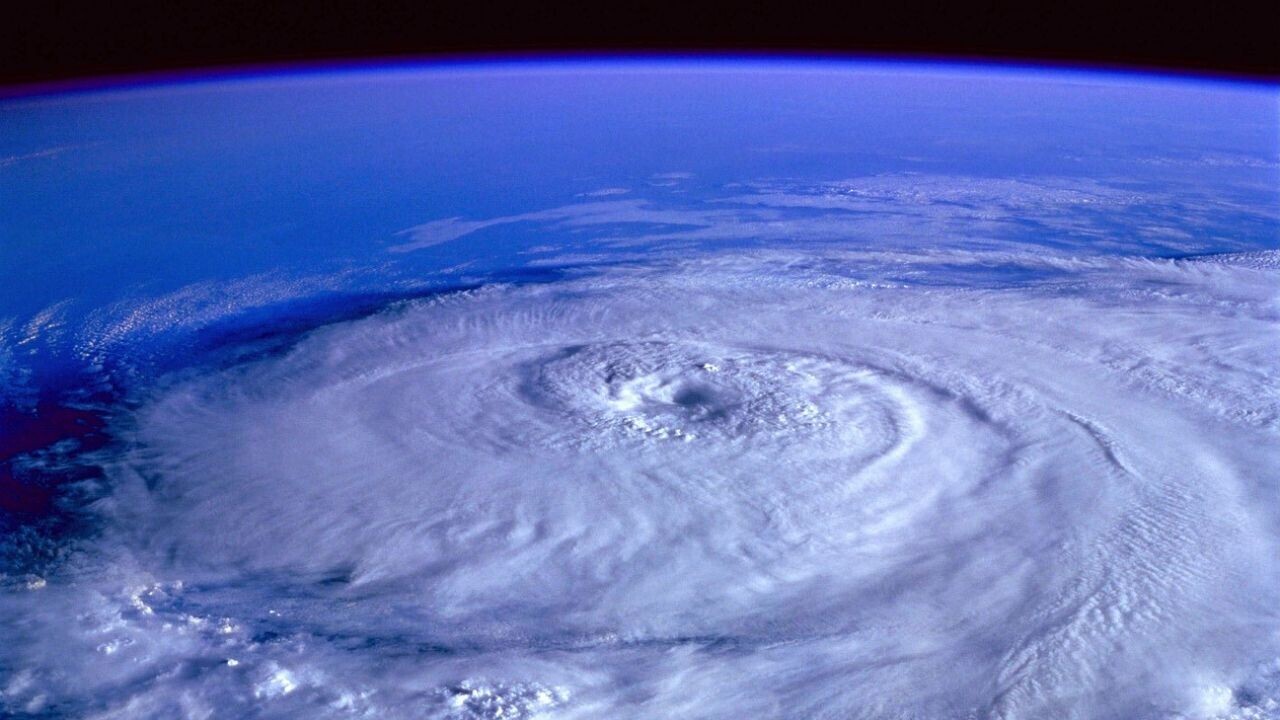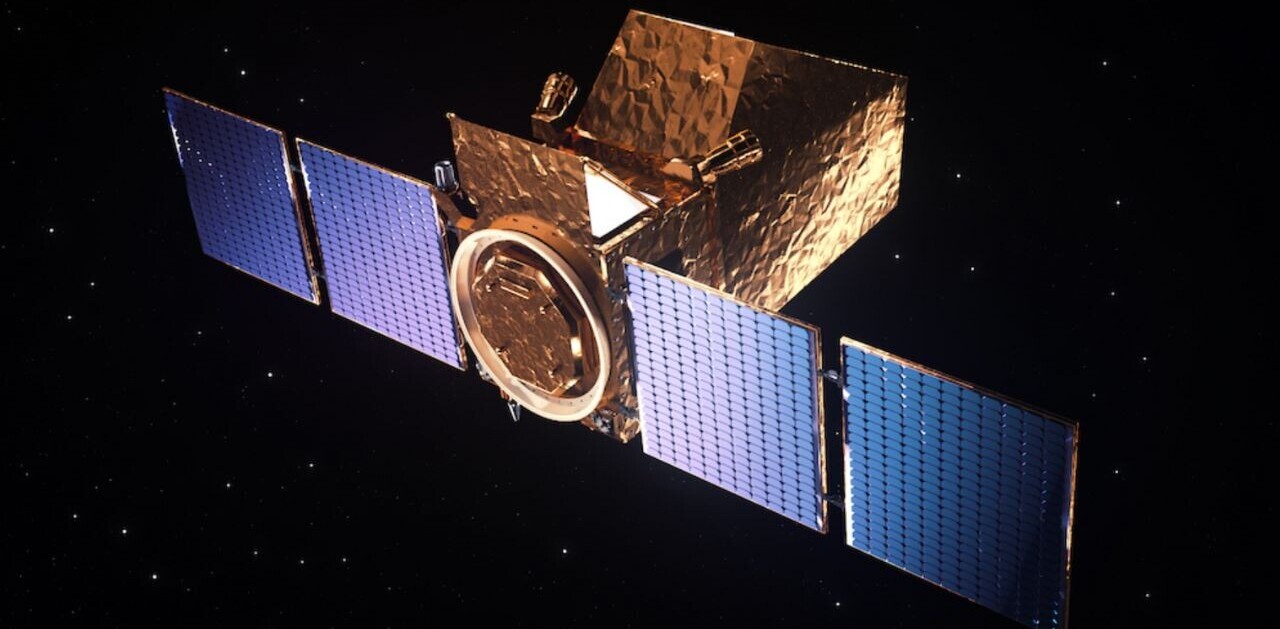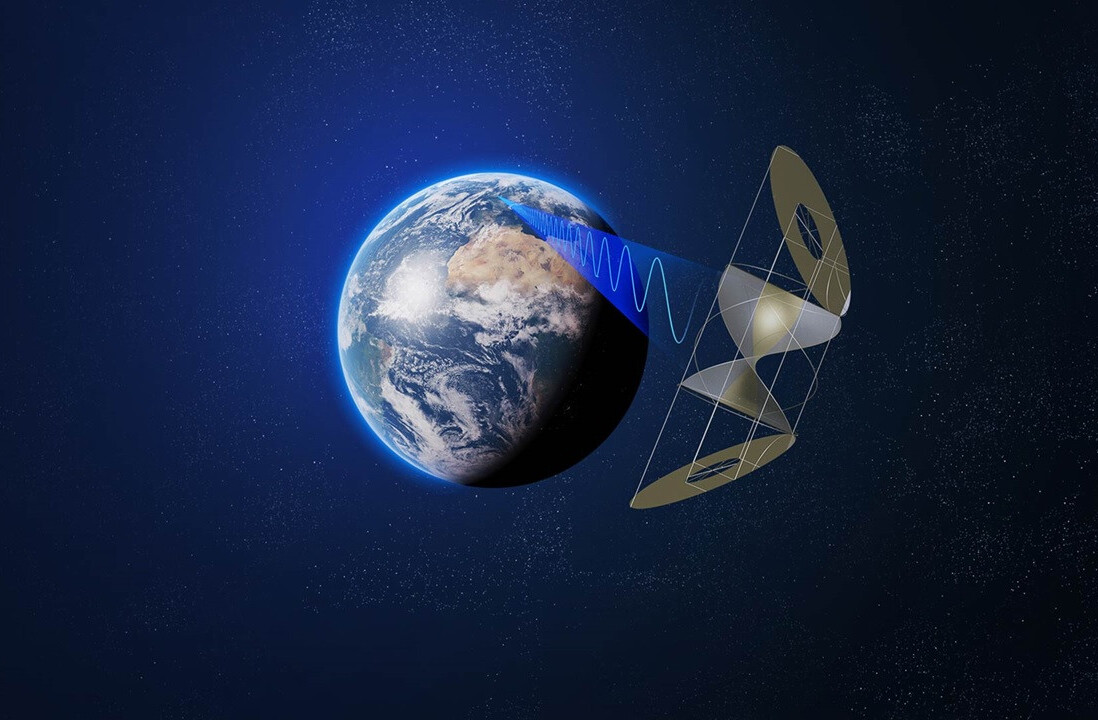
Aiming to join Portugal and Spain as a member of the Atlantic Constellation project, the UK will help fund and build a new satellite designed to monitor and combat climate change.
The Atlantic Constellation initiative will involve the development of a constellation of small satellites for Earth, ocean, and climate monitoring. Its mission is to provide data that can support early detection of climate change indicators and disaster relief action, while increasing agricultural productivity and improving energy use.
Space tech startup Open Cosmos will build the UK satellite, a pathfinder craft, using the same design as three of Portugal’s satellites. These four spacecraft will constitute the first batch of the constellation. Open Cosmos will co-fund the satellite’s development, backed by an additional £3mn from the UK Space Agency.
The UK satellite is expected to increase the frequency of revisit time in the first orbital plane by 33% — which means that it can make more observations of the same point on Earth. This way, the craft can provide “valuable and regularly updated data” that can support critical applications, including the detection, monitoring, and mitigation of natural disasters.

“Earth observation will play an absolutely vital role in tackling global challenges like climate change and disaster relief, providing the data we need at speed, while supporting key UK industries like agriculture and energy,” said Andrew Griffith, Minister of State at the Department for Science, Innovation, and Technology.
“By working with Open Cosmos on a new satellite and supporting our Atlantic partners, Spain and Portugal, we can harness space tech for our shared goals, while creating new skills, opportunities, and jobs for the future to grow the UK economy.”
Open Cosmos already counts one satellite in orbit, Menut, tasked with monitoring deforestation, flooding, wildfire impact, and coastal erosion. The startup is planning five more launches by March and raised an additional €50mn during its latest funding round in September.
Get the TNW newsletter
Get the most important tech news in your inbox each week.




